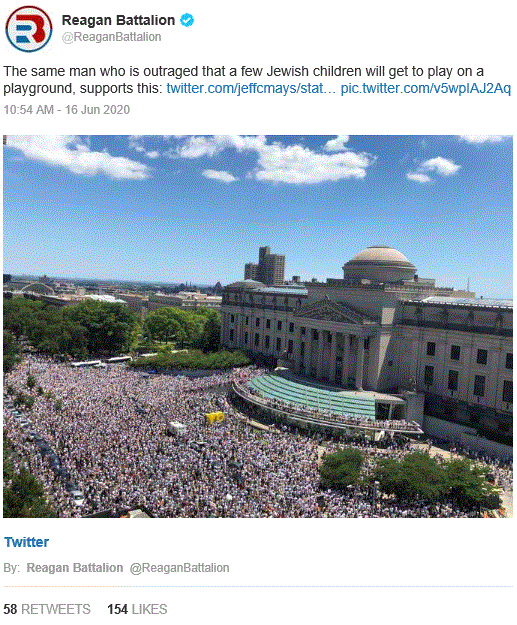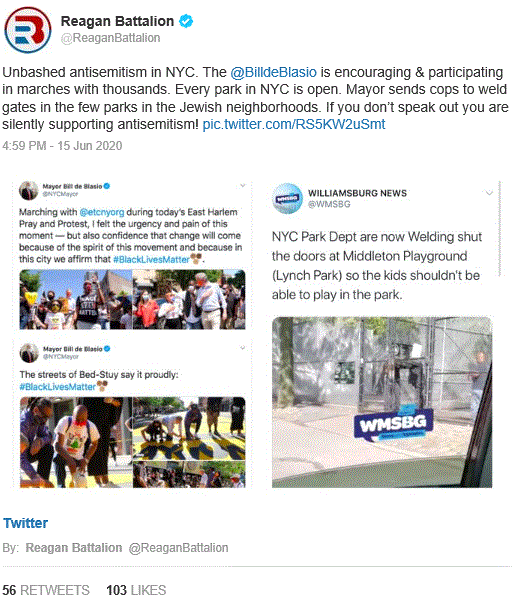I recently read an excellent opinion piece by David R. Geiger in Commonwealth Magazine entitled, “Governor’s COVID-19 orders are unconstitutional.” In this piece, Geiger explains in an eloquent, straightforward way why lockdown orders and stay-at-home orders – focusing on those implemented by Massachusetts Governor Charlie Baker – are wrong.
“The animating principle of our nation is the maximal safeguarding of human liberty,” Geiger reminds us.
Under Massachusetts laws dealing with public health and infectious diseases, he points out, “the only restraints on liberty the government may impose are temporary isolation of any ‘sick or infected person’ and quarantining of others in his household, in each case with compensation for resulting wage loss.”
To essentially quarantine the entire population of the state obviously exceeds these limits. Baker likely realized this and therefore decided instead to use the Civil Defense Act of 1950 to justify his totalitarian measures. But as Geiger points out, this law was intended to be used during wars, nuclear power plant radiation releases, fires, floods, earthquakes, and other natural disasters that physically alter the Earth in defined areas. Diseases don’t seem to fit this category.
Geiger lists all the ways that lockdown orders violate people’s rights:
Forced closures of businesses, schools, and places of worship; prohibitions on gatherings or of humans approaching or touching one another; and mandates that people cover their faces in public are radical and unprecedented, and unquestionably infringe both expressly enumerated and historically enjoyed rights. These include individuals’ rights to move about freely, associate with others as they choose, express themselves through their appearance, make decisions about their own health, educate their children, exercise their religion, and support themselves through their chosen occupation, and businesses’ rights to operate within the bounds of the law.
Government infringement on individual liberty cannot be justified by the mere existence of some degree of risk; rather, the individual’s conduct must pose a serious risk of significant harm. We do not limit freedom of movement by banning driving because it poses risk; instead, we prohibit only reckless or drunk driving. For this reason, Massachusetts’ public health statute does not authorize shutting down normal life due to the risk of infection, but instead restricts the liberty only of a person who is actually infectious, or his close household contacts who have a significant likelihood of being so.
Exactly! It’s one thing for the government to infringe upon the liberties of a person who actually has the coronavirus, but for the government to infringe upon the liberties of everyone merely because any given person might possibly have the virus is ridiculous.
Another favorite quote from the article (emphasis mine): “If some individuals are concerned about such risks they are free to protect themselves by keeping a distance or wearing a mask… But those who are willing to accept such risks in order to live life have a fundamental right to do so, and the fact that exercising this right may cause some increase in disease cases provides no ground to quash it.”
Geiger reminds readers of the “inherent harm in depriving Massachusetts residents of their fundamental freedoms,” something that proponents of lockdown orders tend to discount. “The people of the Commonwealth should rise up against them, insist that they cease immediately, and ensure that they never recur,” he writes.
I could not agree more. Everyone who calls lockdown opponents “selfish” or “irresponsible” needs to read this article.




